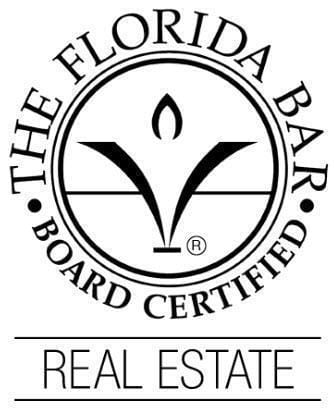Though the terms homeowners association and condominium owner association seem similar, these are separate organizations with different levels of involvement. Florida law requires membership in a condominium association for any property owner within the condominium.
A board of directors governs a COA, and this board must legally operate according to the documents of the association and government regulations. Failing to abide by the terms and rights established in governing documents opens the door for litigation from other association members.
Enforce association rules
The priority role of a condo board member is to keep peace and order within the community. The rules established for the condominium need enforcement in manners that are fair and consistent. Showing preference or bias can lead to litigation for discrimination.
Evaluate building maintenance
Condo owners maintain responsibility for the internal unit repairs, while the board members and property manager share responsibility for common areas or amenities maintenance. Even with a property manager on salary, continually evaluate areas around the property for maintenance concerns. Check hallways, outer walkways or stairwells. Budget constraints require careful prioritization, particularly when facing repair needs between structural concerns and community perks.
Ensure financial responsibility
Condo board members need to follow ethical but smart financial practices. Fees and fines should be reasonable but effective deterrents. Accountability with record-keeping and finances can reduce the potential for the misuse of funds. Clearly identify the budget constraints, future goals, ongoing projects and income streams to avoid legal concerns with association members.
With the right strategy for your role, you can execute your membership duties effectively. Your efforts should have a positive impact on the community and reduce legal risks.




